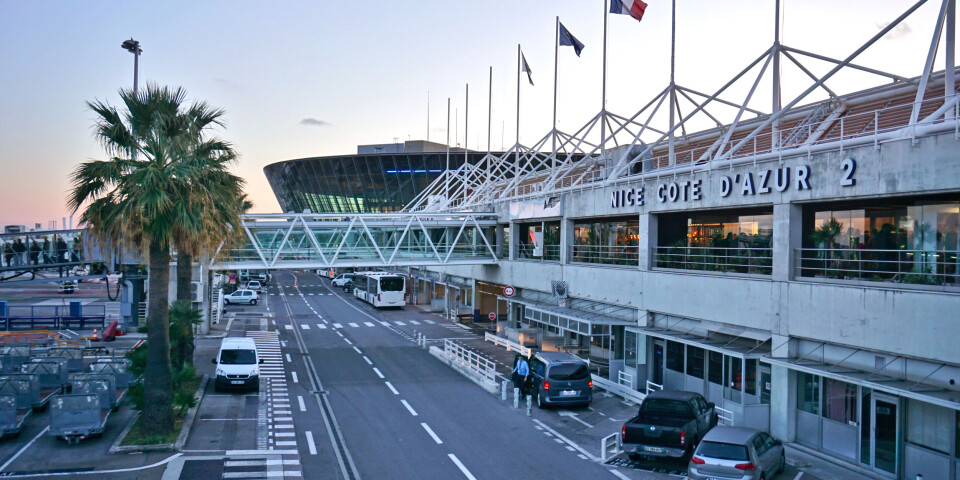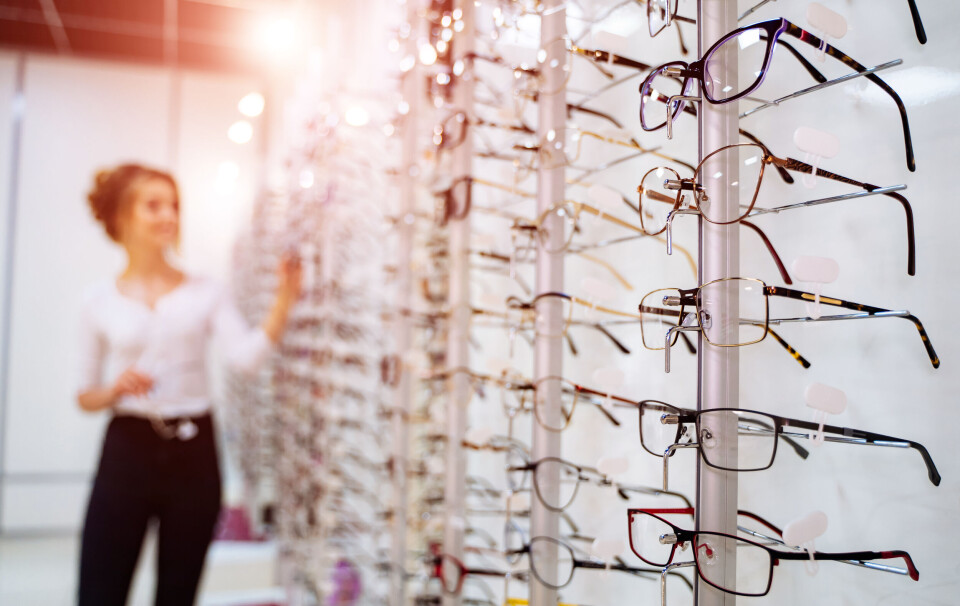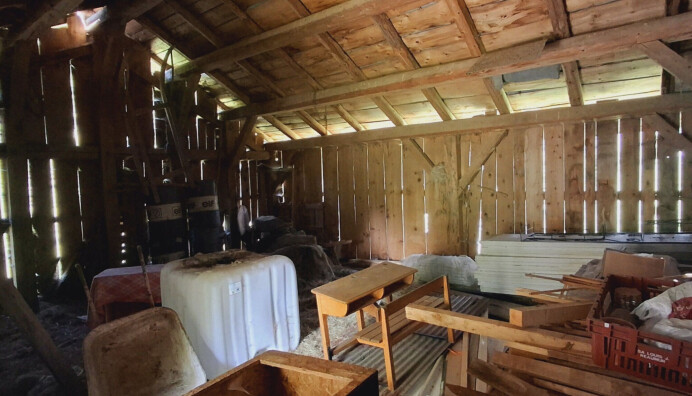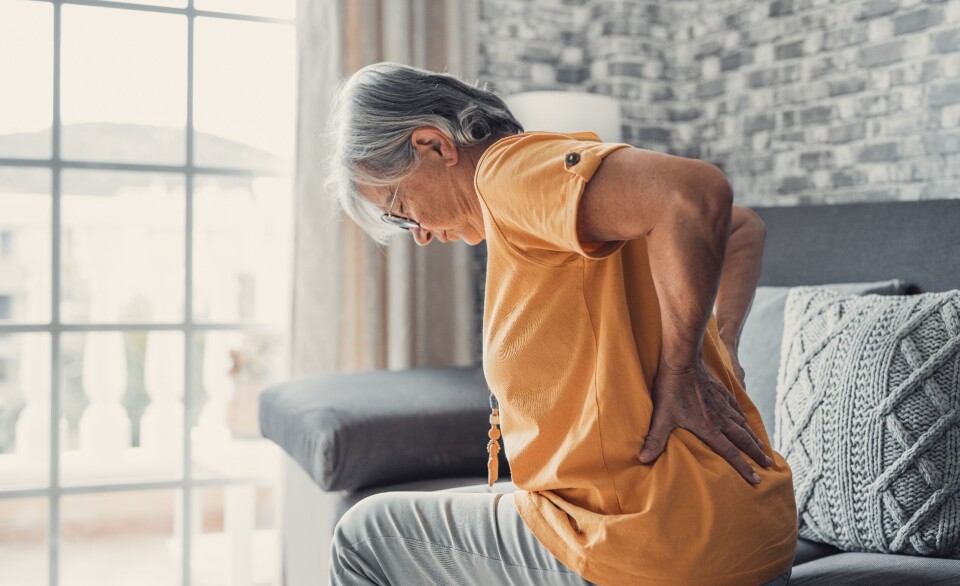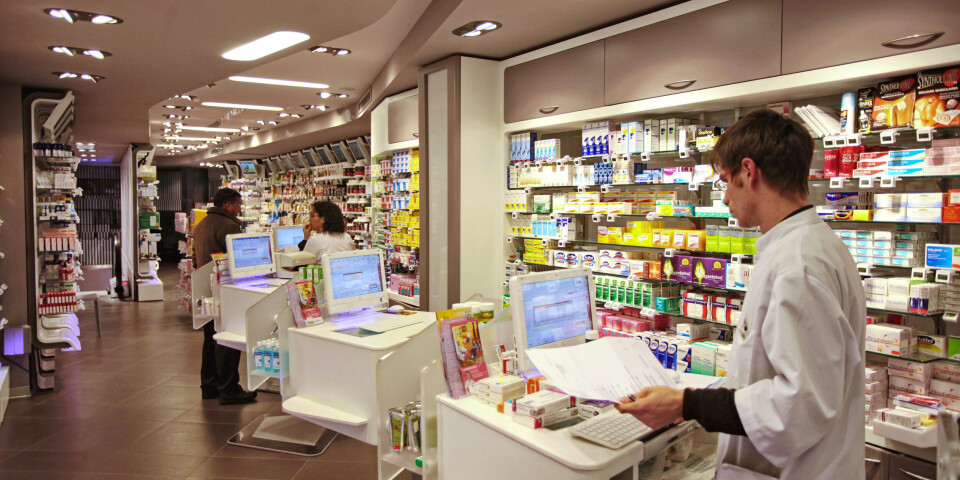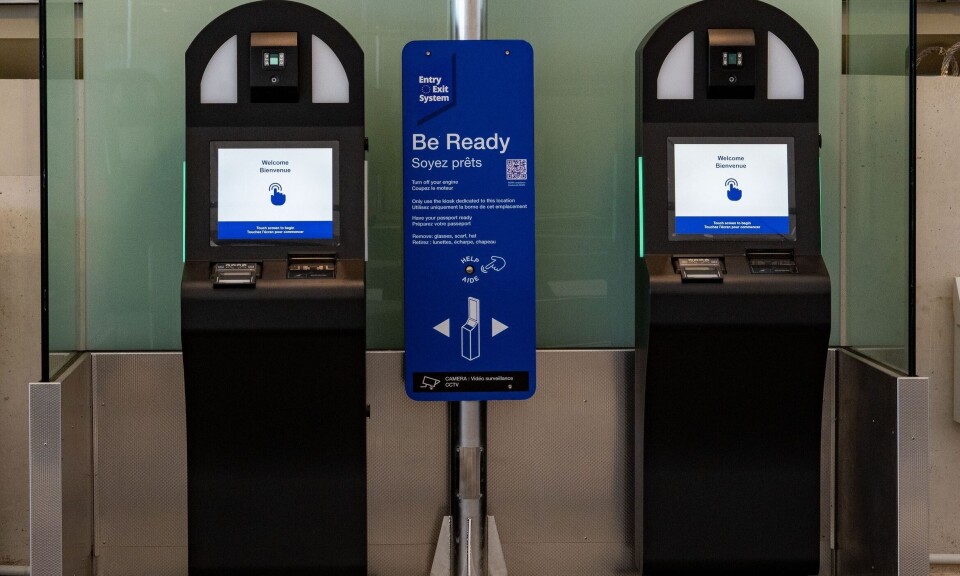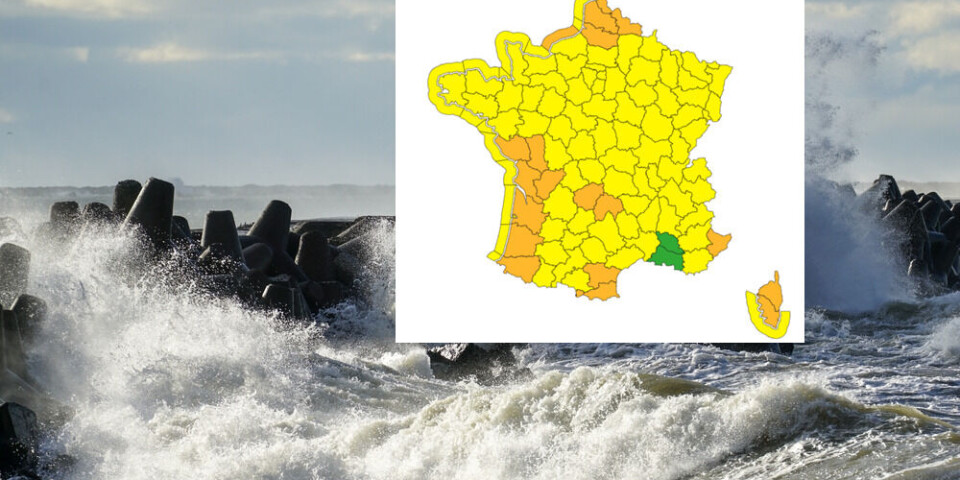-
Off-peak electricity hours in France shift slowly to afternoons
Change to affect nearly 11 million households
-
Two arrested in relation to Paris Louvre jewels raid
One of suspects was detained at Roissy-Charles-de-Gaulle airport as he attempted to board a flight to Algeria
-
Plane near-collision at Nice: aircraft were just ‘three metres away’ from disaster
Pilot confusion over landing runway likely to be cause says preliminary report
Eggs from chickens in private greater Paris gardens not to be eaten
Regular consumption could cause an increased risk of developing health effects
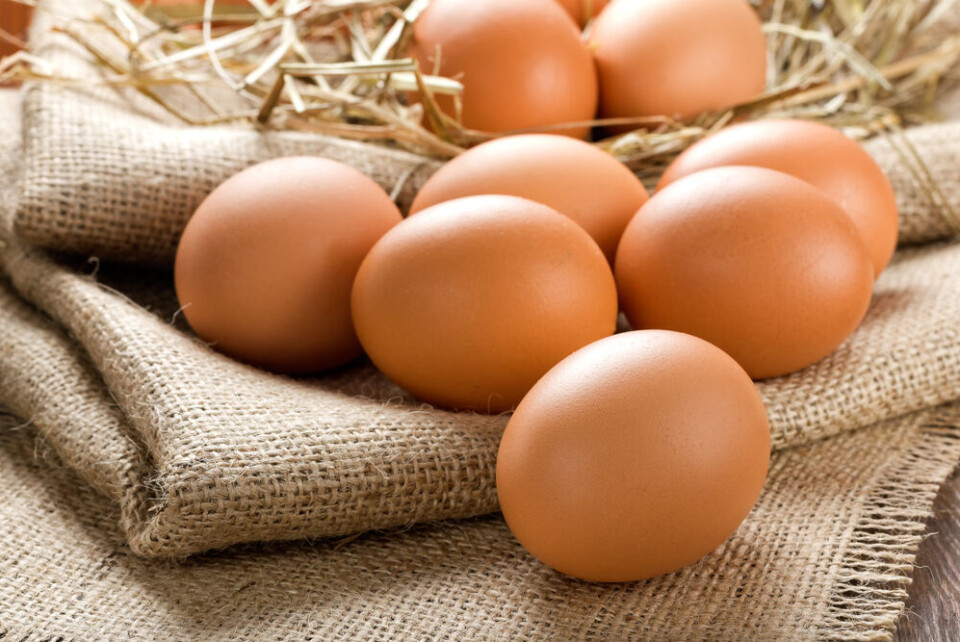
Eggs from domestic chicken coops in greater Paris should not be eaten because of contamination by persistent organic pollutants, the regional health agency (ARS) of Ile-de-France is advising.
Regular consumption of these eggs - several times a week for several years - would lead to overexposure to pollutants and therefore an increased risk of developing health effects, the agency stated on Monday (November 20).
In particular, these pollutants have "a potential endocrine disrupting effect that can cause chronic diseases and impact the development of reproductive and immune functions".
The ARS initially recommended in April that eggs from domestic poultry throughout the whole of Ile-de-France should not be eaten as a precautionary measure. However the agency has now limited their recommendation to eggs from domestic poultry in the 410 municipalities of greater Paris.
The study behind the recommendation
The agency studied the "concentration of persistent organic pollutants" in eggs from 25 domestic chicken coops in the Ile-de-France region, following an alert about the high concentration of dioxins in eggs from domesticated chickens located near the waste incinerator of Ivry-sur-Seine (Val-de-Marne).
Its study "confirms a ubiquitous [generalised] contamination of the soils and eggs of domestic hens in Paris and in the inner suburbs, by persistent organic pollutants," the ARS said.
Although the advice applies to everyone in these areas, children and pregnant and breastfeeding women are particularly at risk and the consumption of eggs from domestic poultry even less than once a week is not recommended for these three groups.
Respect good practices
The agency encourages all private owners of chickens, whether located in the city or the countryside who do wish to consume their eggs to adopt the practices set out by the Directorate-General for Health in the new edition of their guide on how to safely consume home-grown or self-caught produce.
These include to use a feeder, not spread feed directly on the ground, not to scatter ashes (barbecue, fireplace, etc.) in the garden, and choose specialised chicken feed.
A list of the municipalities affected by the ARS recommendations can be found at the INSEE website.
Read also
Toxic mushroom caused motor neurone disease cases in French region
Where is radon gas mainly found in France and is there a health risk?




